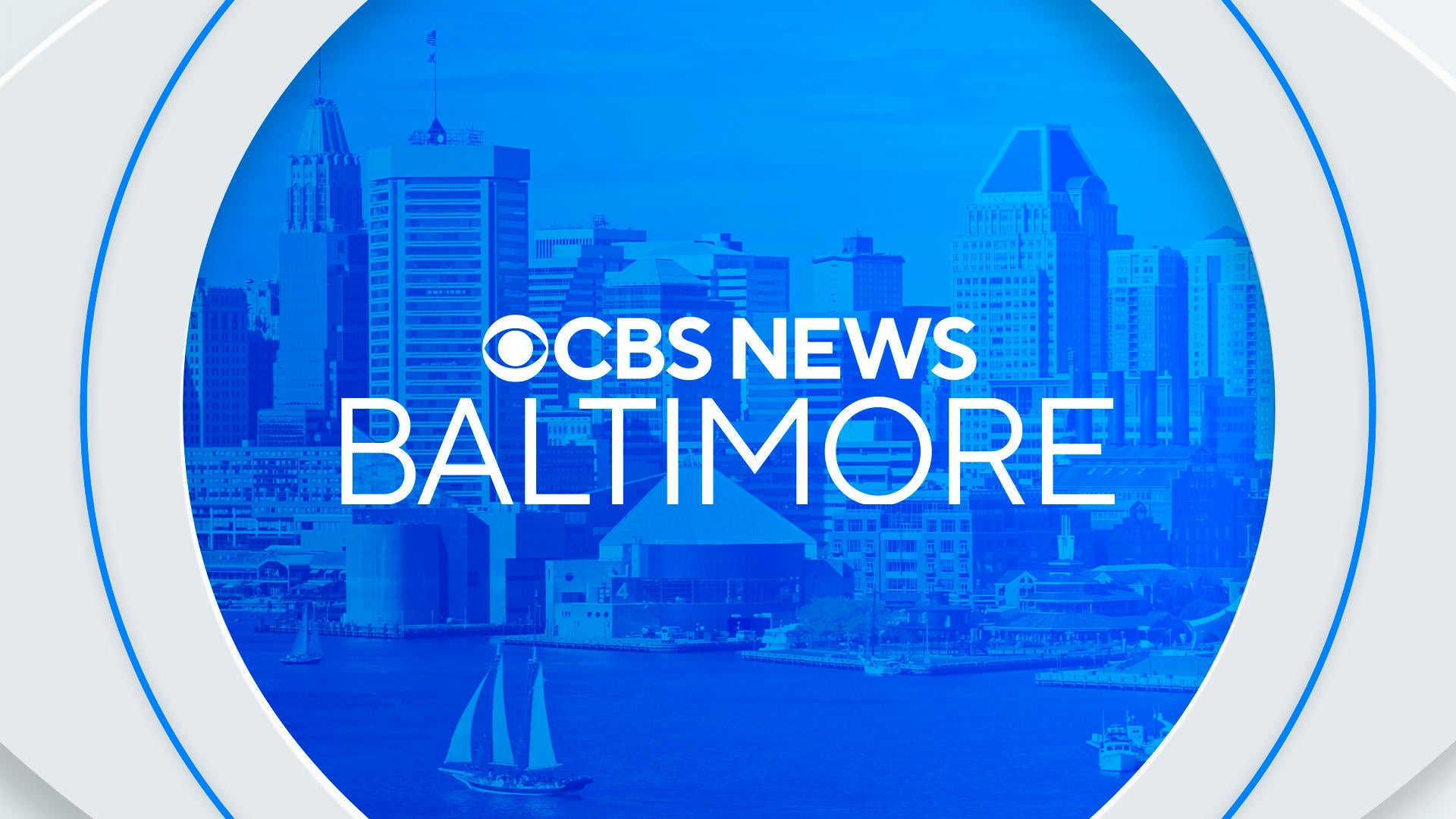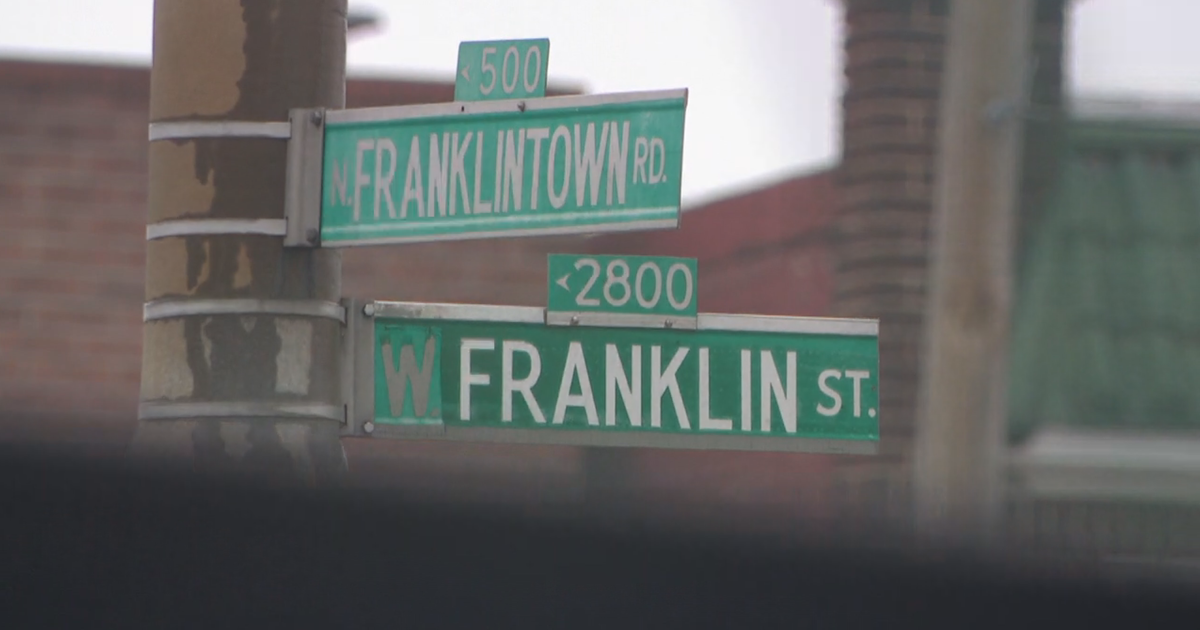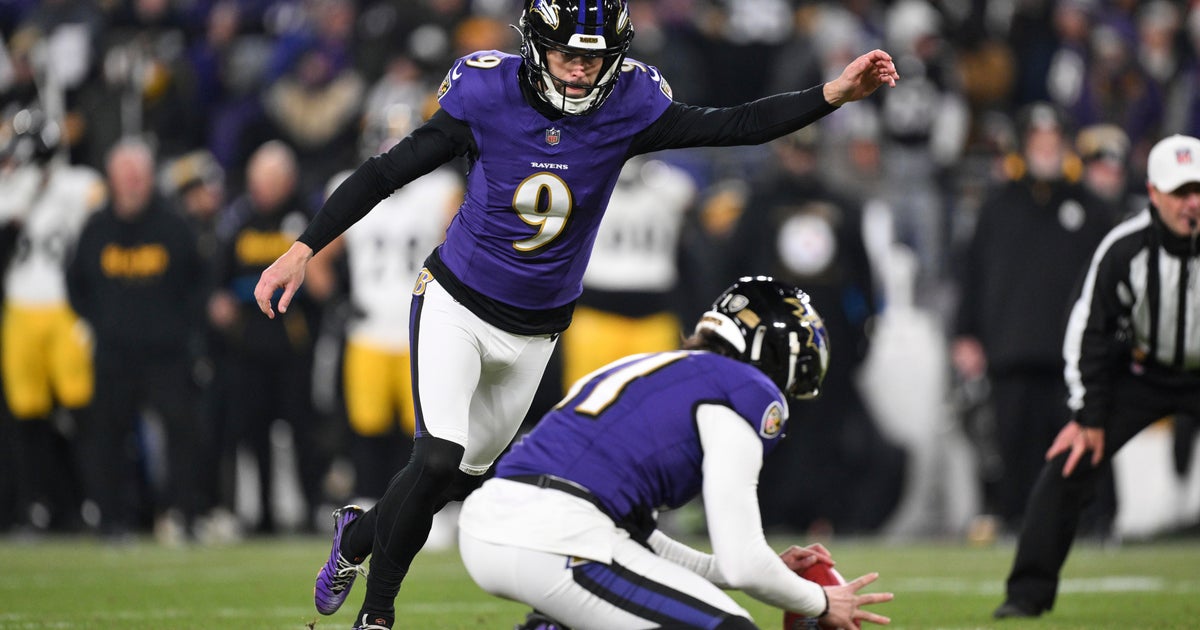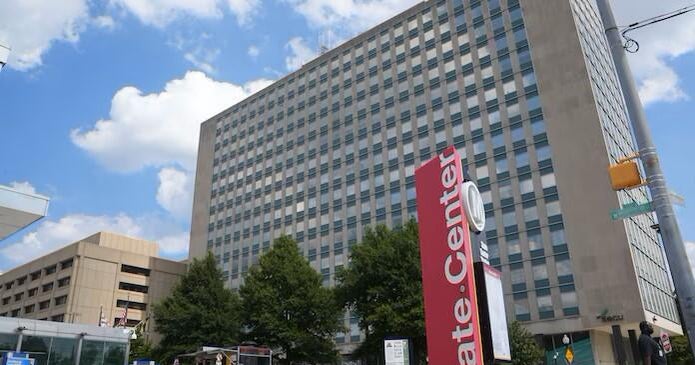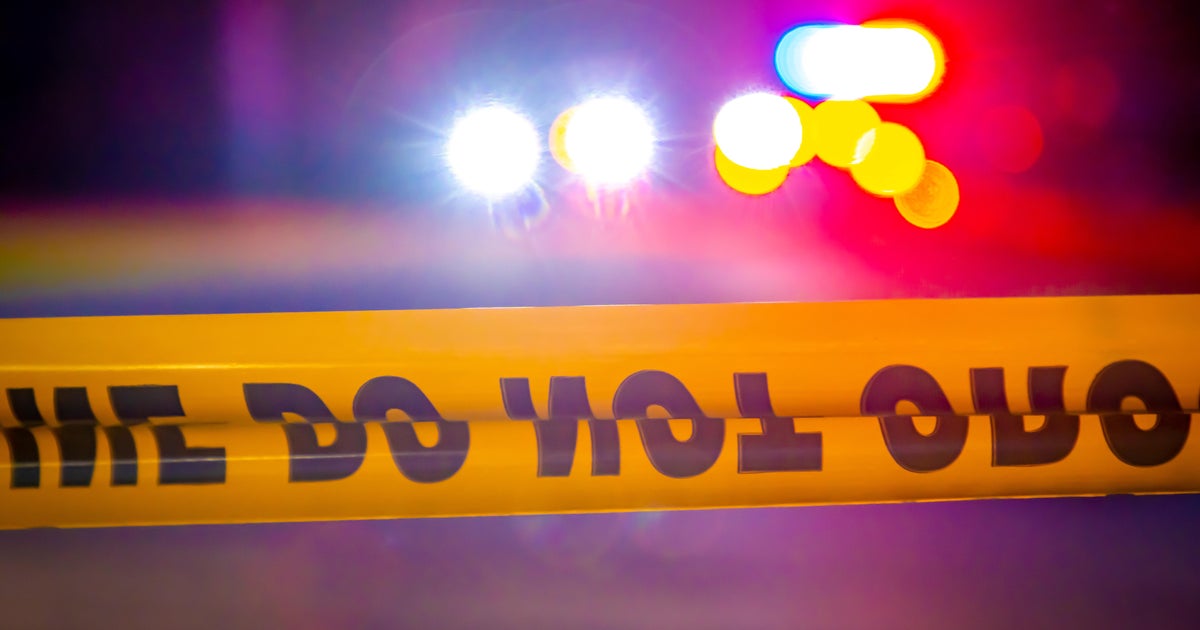Judge gives Baltimore more time to accept reduced opioid settlement or receive new trial
Baltimore now has until August 8 to decide whether it will accept a reduced settlement from a verdict against two drug distributors or accept a new trial, according to .
Two weeks ago, Baltimore City Circuit Judge Lawrence Fletcher-Hill ruled in favor of the companies McKesson and AmerisourceBergen, that the jury's award to the city was too high, and that jurors attributed too much blame to the companies for the opioid crisis.
Baltimore was presented with the option of accepting a $52 million payout, an 80% reduction from the city's $266 million settlement, or undergoing a new trial.
Why did Baltimore sue drug companies?
The city accused the drug distributors of contributing to the opioid crisis by failing to monitor and stop suspiciously large orders of opioid painkillers to Baltimore pharmacies.
The Banner reported that companies supplied about 60% of the half a billion opioids that flooded Baltimore and Baltimore County between 2006 and 2019, according to federal drug dispensing data.
A June 2024 report published by the Baltimore Banner and the New York Times found that the death toll from opioid deaths among residents reached more than 6,000 over the past six years – more than double that of any other large U.S. city.
How is Baltimore tackling the opioid crisis?
To begin tackling the city's opioid crisis, the city is using $242.5 million in settlement funds that stemmed from a lawsuit against multiple pharmaceutical companies.
In August 2024, Baltimore Mayor Brandon Scott outlined an executive order that specified how the funds would be used.
The executive order established the Baltimore City Opioid Restitution Fund. It also created two new positions to oversee the use of the settlement money and required that the city publish an overdose reduction strategy.
The Board of Estimates and the Baltimore City Council have already started planning on how to use the funds.
Included in the order is the allocation of $20 million to the city's health department for overdose prevention efforts, and $42 million was already earmarked for specific substance abuse organizations throughout Baltimore.
The fund will be managed in an account separate from the general fund so that the money is not misappropriated.
